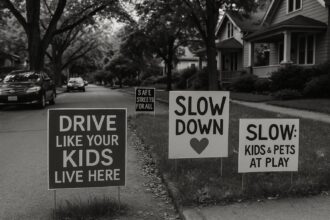The Liberal Democrats have made significant gains in local elections, particularly in England’s south-west, while the Conservative Party faced losses and Labour struggled with policy direction.
The Liberal Democrats have achieved substantial gains in recent local elections across the UK, particularly in the south-west and south of England, where they added over 750 council seats in the last five years. This contrasts sharply with the Conservative Party, which has lost 1,783 seats during the same period. The Liberal Democrats, under the leadership of Ed Davey, have successfully taken control of key councils in regions like Devon, Dorset, and Hampshire.
Despite their strong local election performance, the Liberal Democrats’ national polls continue to show them with around 10% support. Meanwhile, the Green Party also made noticeable gains, adding about 74 seats, with notable successes in cities such as Hastings and Bristol.
On the other hand, the Labour Party, led by Keir Starmer, has faced mixed results in the local elections and criticism for its current policy direction. Concerns have been raised about the party’s lack of a radical or transformative vision, particularly on issues such as Gaza and climate change. Critics argue that Labour’s approach, which leans towards the centre-right, might not be sufficient to inspire voters or address the needs for a more inclusive and progressive political strategy.
Both the Conservative and Labour parties are experiencing internal and external pressures as the general election approaches, with the recent local elections results prompting discussions about future strategies and the need for more visionary approaches in tackling key national issues. The outcomes suggest a shifting political landscape, with potential challenges ahead for established MPs from both parties.













